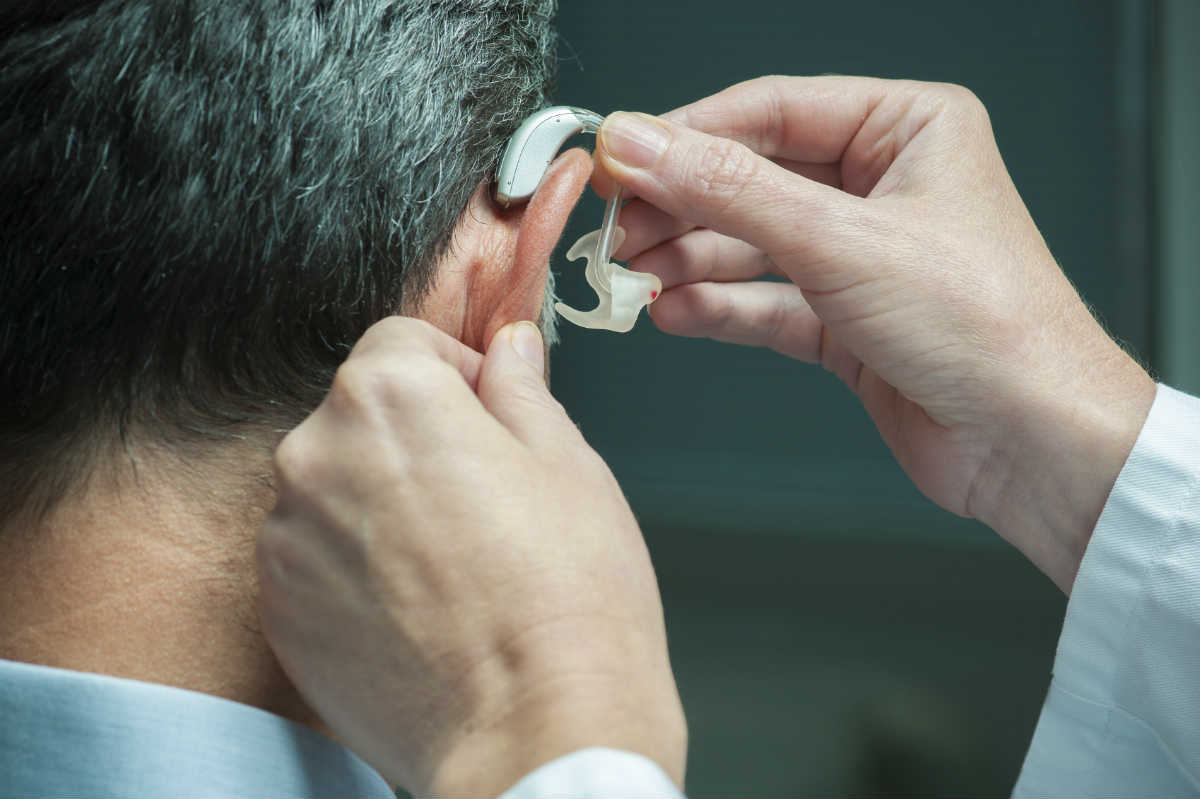Work-related hearing loss can have an adverse effect on a worker’s life and places the worker at a higher risk for other injuries.

Workers are exposed to a variety of occupational hazards that can cause injury and illness. Unfortunately, many of these injuries and illnesses can have a long-term effect on a worker and affect the ability to perform work efficiently. Some injuries may have a significant effect on the quality of life as well.
Work-Related Hearing Loss
Workers who are exposed to high levels of noise at the workplace are at a higher risk of developing work-related hearing loss. This can have an adverse effect on a worker’s life, and if the worker returns to the same job, he or she may be at a higher risk for other injuries. A recent Canadian study conducted by the National de Santé Publique has revealed that workers who have suffered noise-induced hearing loss may be at a higher risk of other work-related injuries.
Increased Risk for Other Injuries
The study published in the Safety and Health Magazine surveyed more than 46,000 men who were exposed to excessive noise levels at the workplace. Around 3.6 percent of the subjects suffered at least one work-related injury that required hospitalization within 5 years of the hearing test. The study showed that for every decibel of hearing loss there was a statistically increased risk of injury.
Workers who were exposed to occupational noise level of 100 dBA or more (equivalent to the noise created by a lawn mower) had a significantly higher risk of being hospitalized for a work-related injury. In addition, it was found that workers who were exposed to intense noise levels at the workplace and had a severe hearing loss were at a 3.6 times higher risk of suffering a workplace injury compared to any normal worker who is neither exposed to noise nor has a hearing loss. The higher injury risk may be due to the fact that a worker is unable to hear properly because of hearing protection or hearing loss and may miss important signals or communications on the job.
Prevention Programs
In the United States, up to 30 million workers are exposed to occupational noise. The National Institute for Occupational Safety and Health recommends that companies implement prevention programs for workplaces that have higher noise levels. Prevention programs may include noise assessments, monitoring the hearing levels in workers, noise control, use of protective equipment such as hearing protectors, and worker training and education.
Workers Compensation for Hearing Loss
Workers who suffer hearing loss due to exposure to noise at the workplace may be entitled to benefits under the Missouri workers’ compensation program. If you have suffered noise-induced hearing loss at work, contact a Missouri workers’ compensation attorney to protect your legal rights. Call The Law Office of James M. Hoffmann at (314) 361-4300.
